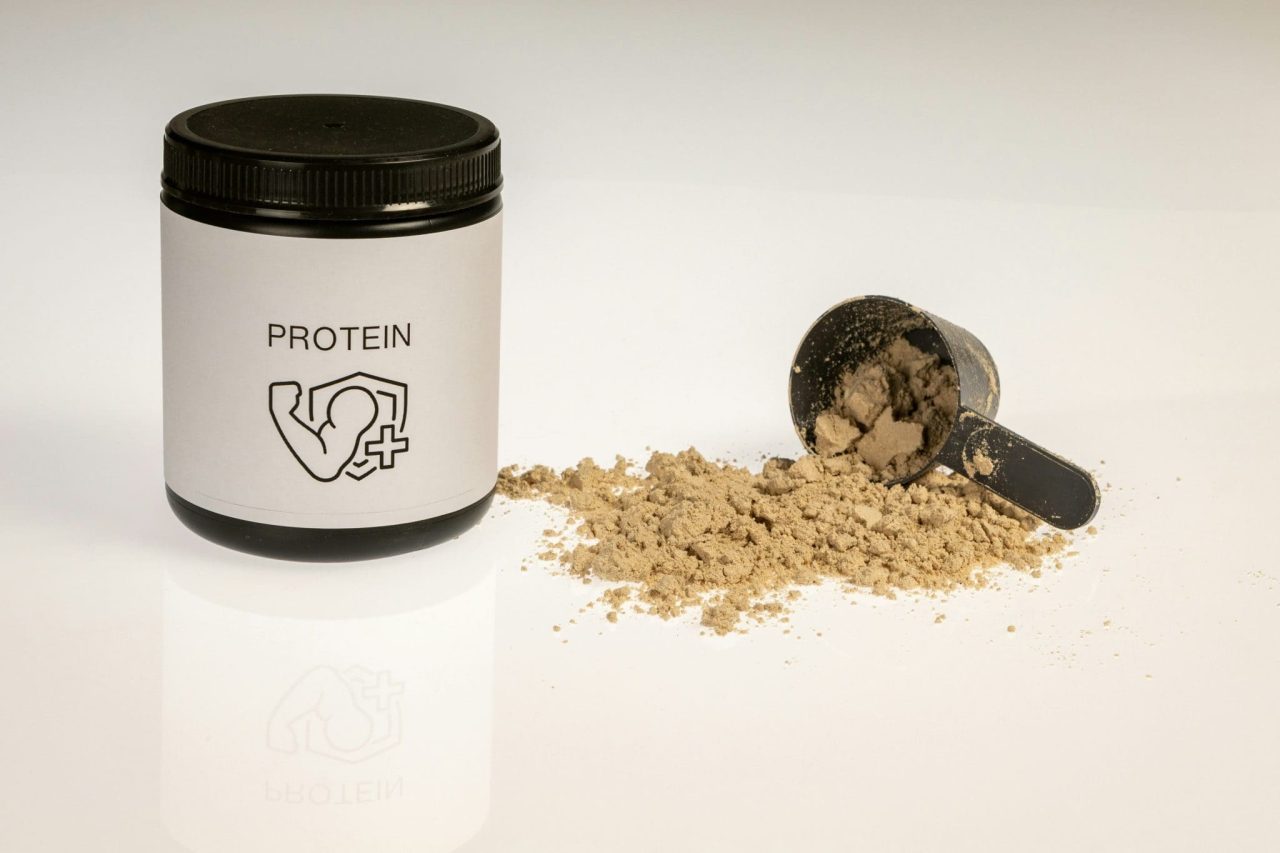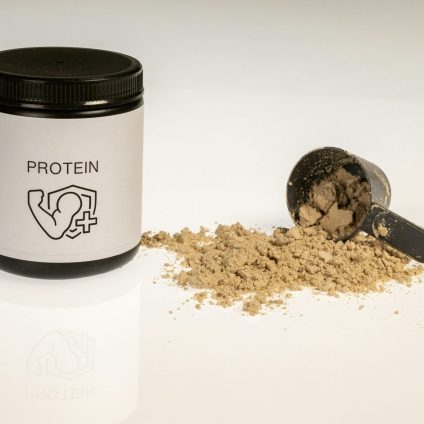Food supplements have become a central component of increasingly personalized diets. While the topic primarily concerns consumers in high-income countries, it still reflects a growing awareness of the critical connection between food and health. To ensure the safety of increasingly sophisticated products, safety protocols will need to evolve alongside innovation.

Personalized nutrition: between science and consumer demand
The relationship between food supplements and personalized nutrition raises important safety questions. While there is ongoing debate, clarity is still lacking on how to use these products correctly and how they interact with medications. What’s certain is that their market is set to grow as they become key components of personalized diets.
According to the Food safety in personalized nutrition – A focus on food supplements and functional foods report by FAO, more people are turning to food supplements and functional foods (those with added nutritional properties that can support health, such as high-fiber products or those rich in omega-3s, polyphenols, and beta-carotene) to enhance their wellbeing and overall health through targeted nutrition.
The rise of tailored dietary approaches
For the past two decades, personalized nutrition has attracted increasing attention from researchers, health professionals, and consumers alike. While this trend is largely driven by high-income countries, it reflects a broader acknowledgment of the powerful impact food can have on health.
The basic principles of healthy eating apply to everyone, but individual physiological responses vary significantly. This has paved the way for personalized dietary interventions. At the same time, it’s essential to consider the safety implications of using both food supplements and functional foods in these customized plans.
Nutritional research has shown that specific nutrients can influence key health indicators. This growing body of evidence supports the concept of “food as medicine,” where nutritional interventions are integrated into healthcare systems to prevent or manage chronic conditions and improve outcomes.
Health, wellness, and regulation
The FAO report investigates the consumption of these products from a safety perspective, including interactions with pharmaceuticals, appropriate dosages, and the influence of marketing on consumer behavior.
The safety of active ingredients depends on several factors, such as their origin, processing methods, and concentration levels. Clear and accurate labeling plays a key role in helping consumers make informed choices. Today, consumers increasingly associate food supplements with health and wellness.
However, regulation varies widely across countries when it comes to classifying, labeling, and overseeing the food supplement industry. Given the potential health impacts, would it not be appropriate to move toward more harmonized global standards?
When it comes to functional foods, experts agree that their inclusion in a balanced diet can be beneficial if they are developed and consumed responsibly.
What’s next for food supplements?
Our approach to nutrition is clearly shifting. Biotechnology will likely shape the next generation of food supplements, and with rising demand for tailored solutions, the regulatory framework must keep up.
Significant progress has been made in regulating food supplements in recent years. But to ensure the safety of next-generation products, safety protocols must continue evolving in step with scientific and technological advancements.
Ultimately, product safety is consumer safety.
Source: Food safety in personalized nutrition – A focus on food supplements and functional foods, FAO












